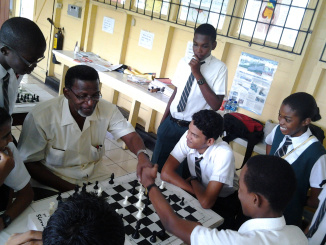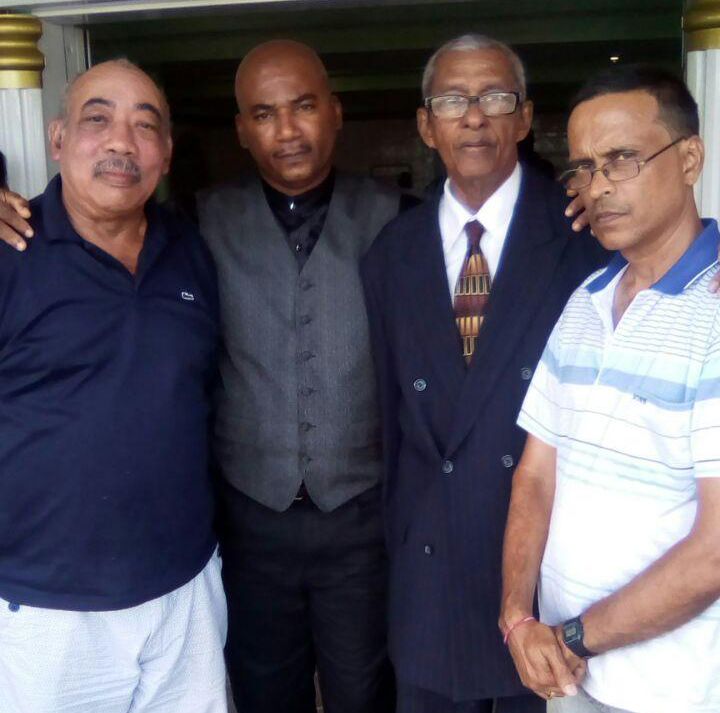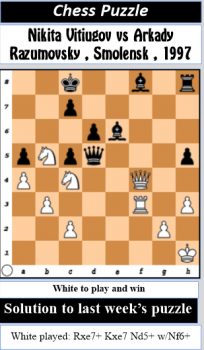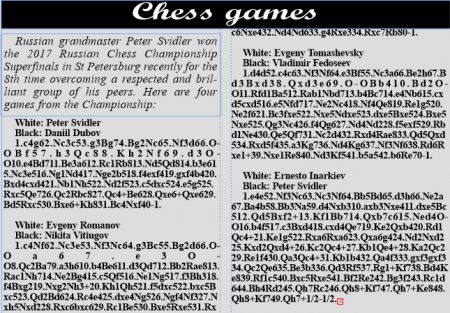“Dear God,” she prayed, “let me be something every minute of every hour of my life.” – Betty Smith, A Tree Grows in Brooklyn
 Dennis Ivor Patterson, 73, died on Tuesday, December 12, 2017. He was buried last Wednesday. Dennis was a famed chess player and mathematics teacher. He became a member of the Guyana Chess Federation (GCF) during the 1970s and taught math subsequently at Queen’s College. Both disciplines were his primary gifts, and unstoppably so. He tackled both chess and math with a fierce intensity and succeeded in both disciplines.
Dennis Ivor Patterson, 73, died on Tuesday, December 12, 2017. He was buried last Wednesday. Dennis was a famed chess player and mathematics teacher. He became a member of the Guyana Chess Federation (GCF) during the 1970s and taught math subsequently at Queen’s College. Both disciplines were his primary gifts, and unstoppably so. He tackled both chess and math with a fierce intensity and succeeded in both disciplines.

Beginning from 2006, Patto’s home in Queenstown actually became the GCF building, since chess was without a designated meeting place. Patto, among others, such as Loris Nathoo, Shiv Nandalall and Learie Webster, revived the tradition and was instrumental in re-establishing a credible chess association. From there we moved purposefully forward. Patto was the one who said friendship ends when two persons sit down to play chess. “It’s every man for himself,” he used to say.
Patto loved to tell the story of when he was advising a young chess player what to play during a game against then President Burnham. Burnham called for the tournament director (TD) to register a complaint. But there was no TD since it was not an official tournament. Burnham had invited chess players to spend the day at his Vlissingen Road residence. I was there. Patto disclosed that Burnham asked if he had ‘mouth worries’. Patto was also known by President Granger, he and Burnham had both served as presidents of the GCF.
As chess players we shared humour, discussed local and international politics, cricket, football and so on. Patto was respectful and versed in the African and Indian cultures. Sometimes he used to refer to me as “By-aa”, a fond salutation for a friend, I suppose. One day, Patto visited my home and I was delayed answering the door. I said I was washing wares. He responded immediately with, “You mean you were washing baratan.” My grandmother used to express that word.
Our political conversations were deep, invigorating and splendid. We agreed on some whenever we perceived wisdom in our exchanges. Each piece of wisdom was tied to the teachings of the Bible which we both revered. With politics we naturally engaged the sayings of Burnham and Jagan. We discussed Henry Kissinger and all American presidents up to Obama. With Kissinger, we spoke about the vast difference between the perspective of an analyst and that of a statesman. The analyst can choose which problem he wishes to study, whereas the statesman’s problems are imposed on him.
Nandalall made some eloquent remarks in remembrance of Patto. This is what he said in part: “Since I met him sometime in the 1990s, Patto was one of the few persons who remained steadfast and true in his conviction and love of chess. The times we met over the chess board were always punctuated with his unique lively demeanour. I will surely miss him.”
Patto’s immediate family buried him with his chess board and pieces. It was a fitting tribute. The king was put to lie face down in a gesture of symbolism, meaning the king is dead. Nothing I write can express the meaning of who Patto really was and his contribution to chess. Patto was something every minute of every hour of every day that he existed.



